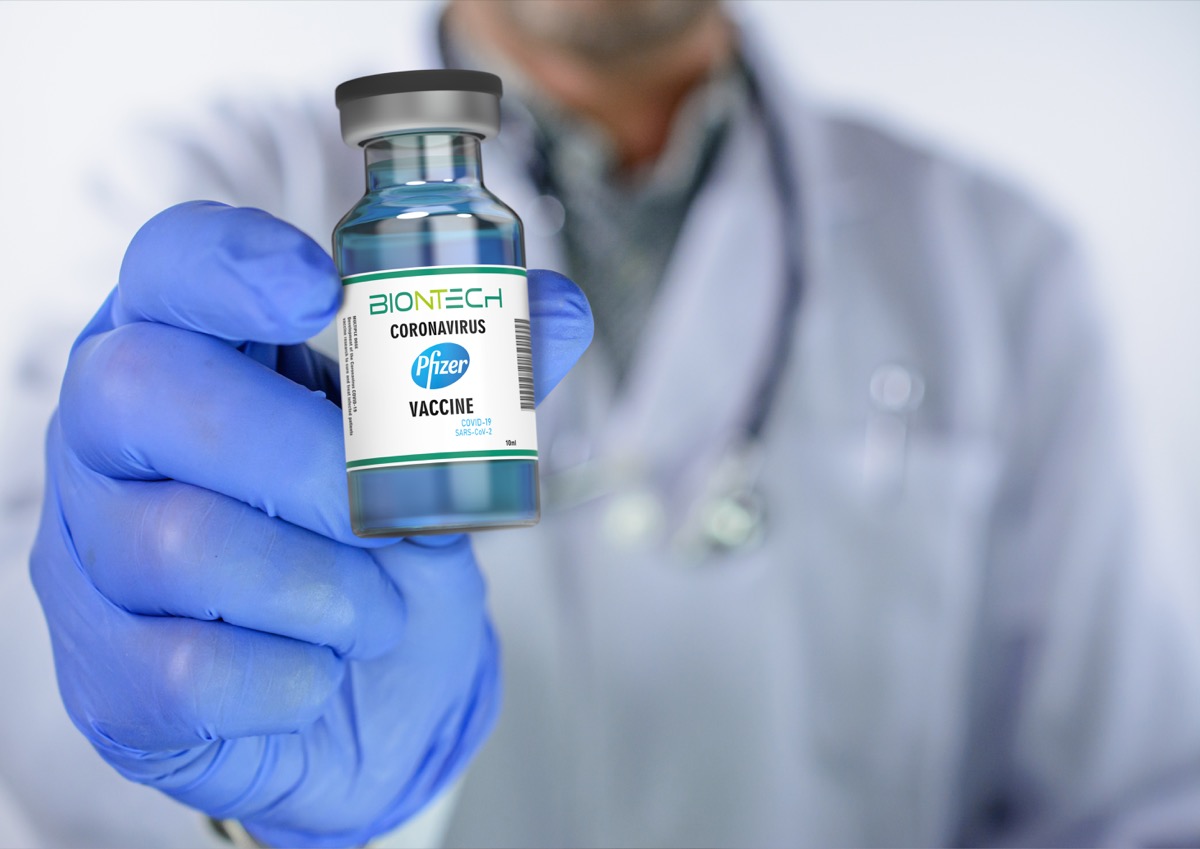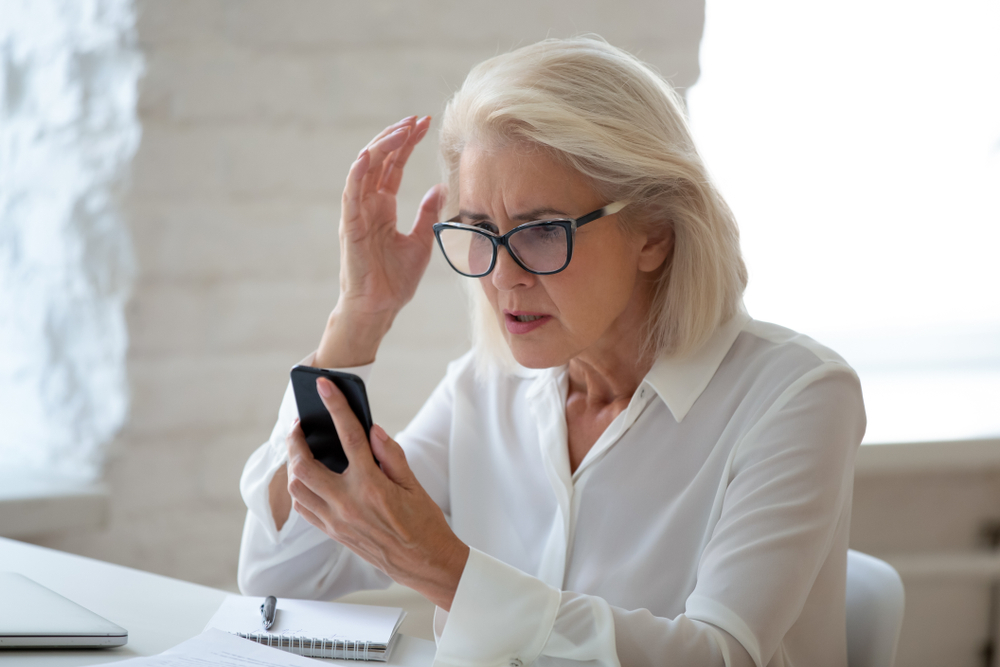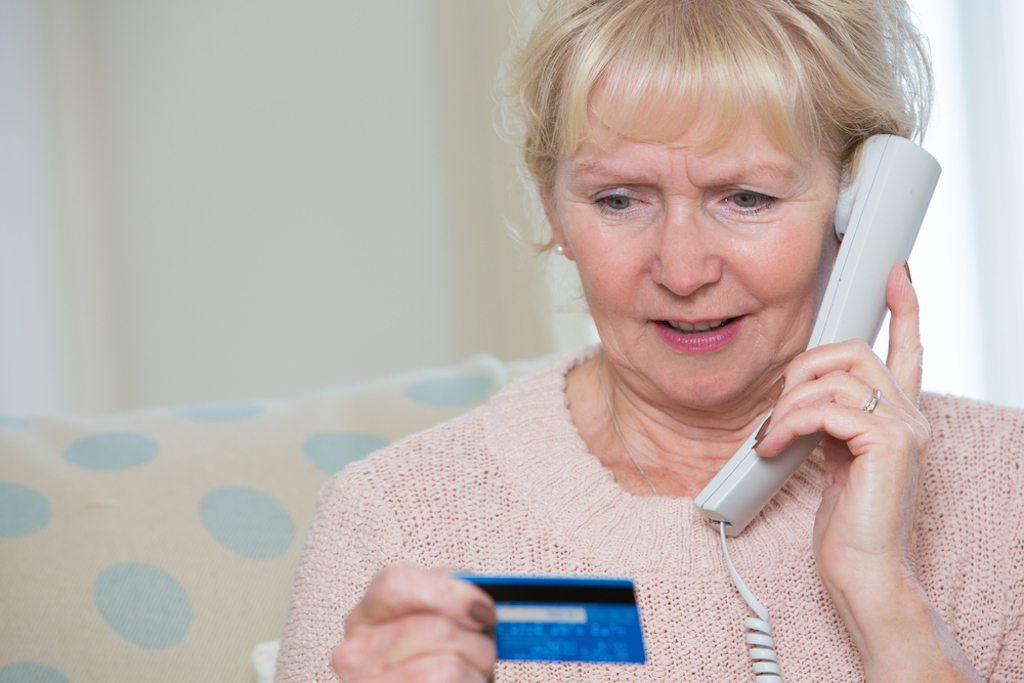The watchdog agency reports that scammers pretending to be from Pfizer have been reaching out to unsuspecting victims by text message or email and asking them to fill out a questionnaire about their COVID-19 vaccine. The message will either offer cash or a “free” product in return for filling out the survey. The BBB warns that after the survey, scammers will often request credit card information to pay for the shipping of the “free” product or to sign up for a “free trial offer.” Victims have reported either having their credit cards charged multiple times or having their banking and credit card information stolen as part of a phishing scam. As with any scam, many variations of the same grift can exist. The BBB warns that fraudsters may also claim to be from other pharmaceutical companies that produce COVID-19 vaccines that have been approved in the U.S., including Janssen (or Johnson & Johnson) and Moderna. The agency says that anyone claiming to be from these companies requesting a survey should be treated as suspicious and to avoid clicking on any links included in the message. And for more on what you should avoid after getting immunized, check out Don’t Do This Until a Month After Your COVID Vaccine, Experts Warn.ae0fcc31ae342fd3a1346ebb1f342fcb Fortunately, there are a few tell-tale signs that a scammer sent the message and not a pharmaceutical company. The BBB warns you to be suspicious of any emails or text messages that appear out of the blue, especially if they push you to act immediately or to provide sensitive information right away. And while we all may be guilty of them from time to time, typos, weirdly worded sentences, and bad grammar can be a tip-off that the person contacting you is not who they claim to be. If you’re dubious of any message in your inbox, the agency points out that you can preview the destination of any link by hovering over it with your mouse and not clicking, which can make it clear they’re not sending you to a company’s official webpage. And for more COVID news delivered right to your inbox, sign up for our daily newsletter. Surveys and “free product” offers aren’t the only way scammers are operating lately. The U.S. Department of Health and Human Services (HHS), BBB, and the FBI recently warned that people have been using several tactics to steal personal information or cash from victims, including selling fake vaccines or attempting to gain Medicare numbers, financial information, or credit card numbers to prepay for and secure a spot on a COVID-19 vaccine waiting list. The HHS website warns that “government and state officials will not call you to obtain personal information in order to receive the vaccine, and you will not be solicited door to door to receive the vaccine.” They add that you “should not respond to, or open hyperlinks in, text messages about COVID-19 from unknown individuals,” and “be suspicious of any unexpected calls or visitors offering COVID-19 tests or supplies.” And for more immunization advice, check out The CDC Says Don’t Do This Until 4 Weeks After Getting Vaccinated.



